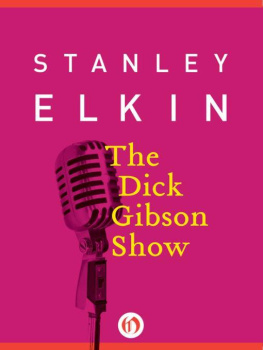Introduction
Do you want to try it?
Always a provocative question, in any context. And one containing an implicit dare.
It was an inquiry from the New York Times about writing an opinion column, online. The phrase penal servitude leapt to mind, spoken by a friend who was driven just short of the madhouse by agreeing to turn out a punishing number of newspaper columns at painfully close intervals. Increasing insomnia and alcohol intake forced him to quit and take up gardening.
Given pause by his experience, I asked how often. Two a week. This sounded deceptively easy, having endured and survived the writing of five-days-a-week monologue material for Jack Paar, Johnny Carson, and Merv Griffin for years.
Not wishing to appear gutless (to myself), I decided to accept the challenge. And it was only for the month of February.
Most anybody, I should think, has at least eight interesting subjects inside him. Hadnt a famous writerGraham Greene, perhapssaid anyone who has reached the age of twenty-five has material in him for at least four novels? I used to quote that when my book Cavett was published and I was asked by interviewers if age thirty-seven wasnt a little early for an autobiography.
The first few columns came easily. The fourth, harder. At five I sensed desperation, but managed to squeeze out the remaining three. I had done it and, in fact, found it surprisingly enjoyable.
Once they were completed, looking back on that first eight seemed like a piece of angel food cake, and I was glad to have added journalist to my image. Then the Times proposed that I sign on for a year. I began to sweat. A whole year.
The order, now, was down to one a week. In my dreams, the number 52 began to occur, made of concrete four stories high and marching toward me. A man I consider a real writer said, I dont envy you. I tried thirty columns a year once and nearly perished. Was this going to kill me?
I couldnt think what the next column would be, let alone the required string of them, stretching far into the future. What else did I know? I felt written out.
Somehow, after three years, Im still at it. Looking at that fact, like Shakespeares Hermia, I am amazed and know not what to say.
Early on, I learned one thing. Writing lines to be spoken by famous comedians and writing for John (and Jane) Q. Public requires different sets of muscles.
Writing for Groucho Marx, or Johnny Carson, or Jack Benny, or any comic with a strong, familiar voice requires being able to turn them on in your head, so that what comes out is in their words and nobody elses. A misplaced or omitted certainly or at any rate or yknow will make the line wrong. For them. You could have fooled me is less Groucho than Well, you certainly could have fooled me.
When Groucho guest-hosted The Tonight Show way back, the first laugh I got for him was an aside I wrote: But enough of this bridled hilarity In Grouchos voice it got a laugh well out of proportion to its merits.
I found it relatively easy to write for others. Its not always easy to identify your own voice. It comes with time.
Before I ever sat down and tried to host a talk show, I had a call from Jack Paar. He had given me my first job as a comedy writer when I was still in my early twenties.
Jack was a hero of mine, more of an obsession really, and I rarely missed The Tonight Show when he was its host. When I got the job writing for Jack I thought that if there is a heaven, it will be an anticlimax. The fact that I was handsomely paidthink of it, $360 a week, and every weekbarely occurred to me. I was there. On the inside of The Tonight Show . I watched the show as it was taped every night and then watched it again at home.
I think Jack sensed my obsession. He called me aside one night after the show and said, Kid, you shouldnt hang around here through the show. Itll ruin your life. Go home. After that I watched the show from a part of the studio where he couldnt see me.
Years passed and the chance for me to host a talk show came along. This had never, ever been my ambition. My highest goal in this regard was to some day, maybe, be a guest on talk shows. Hosting was not even a dream. That was for the giants of my time: Steve Allen, Jack, and Johnny.
When the non-dream came true and I was about to do my own show, a call came from Jack. It bore the single best piece of advice I or anyone doing such a show could get: Kid, Ive only got one piece of counseling for you. Dont do interviews.
What could Jack mean? To do the whole show myself? Show movies? Read to the viewers? That exciting, nervous, famous voice continued: I mean dont just do interviews, pal. You know. Interview smacks of Q-and-A and David Frost and his clipboard and Whats your favorite color? and crap like most embarrassing moments. Dont do any of that. Make it a conversation.
In a way, its the whole secret. Conversation is when people simply talk; not take a test on the air with Q-and-A. Its when something said spontaneously prompts a thought and a reply in someone else. When several peoples talk moves around a subject, changes directions, and produces spontaneous and entertaining comments and unexpected insights, and takes surprising turns.
How right he was. You could do a whole good show without that tired old Let me ask you this
Feel free to pass this on to anyone about to do a talk show.
A conversation does not have to be scintillating in order to be memorable. I once met a president of the United States, and his second sentence to me was about knees.
Back when I was still persona grata at the Nixon White Housea period of time that proved of short durationI met Richard Nixon in a reception line. It so happened that on a recent trip to England, Nixon had been told that the greatest Hamlet yet was Nicol Williamson, currently playing the Dane on the London stage. But duty called in Washington, and Nixon had to return without seeing the play; so he invited Williamson for an evening of Shakespeare at the White House. Somehow, I was invited.
Tuxedoed, I moved along the reception line until I was nose-to-nose with the president.
NIXON : Whos doing your show tonight?
CAVETT : Joe Namath.
NIXON ( with a look of solemn concern ): How are his knees?
Part of the psychological makeup of Yorba Lindas most famous native son was his obsession with masculinity. So-and-so was a real man, he would say. And real men knew football.
It would not be long before I stopped receiving invitations to the White House. My lack of popularity with the Great Unindicted Co-conspirator came when I testified for John Lennonafter he and Yoko Ono had been twice on my ABC showto support the case that John should not be deported by the Nixon administration. On one of the Nixon tapes, the presidents henchman and lickspittle H. R. Haldeman can be heard educating his bosswho was minimally knowledgeable of popular cultureabout Lennons vast popularity, with the words This guy could sway an election.
It was not long ago that I learned of another Nixon tape, on which the president can be heard saying to Haldeman, CavettHow can we screw him? A little disconcerting to hear yourself thus discussed by the leader of the allegedly free world. (Doubters may yet find this on YouTube.)
It was not long thereafter that my entire staff was tax audited, all but ruinously for some of them. Nixon enjoyed using the IRSillegally, of courseto punish those his paranoia perceived as enemies.

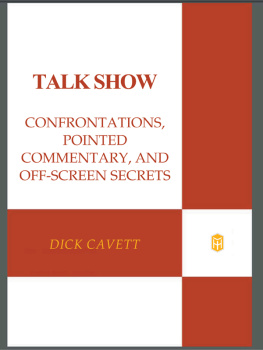
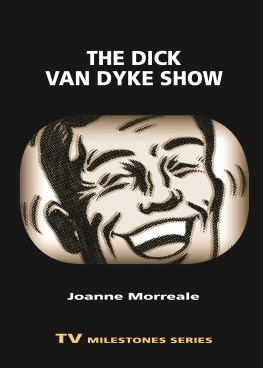
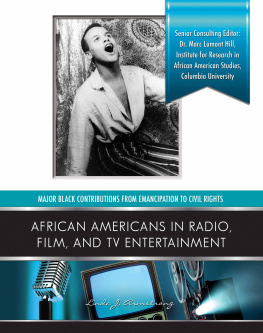
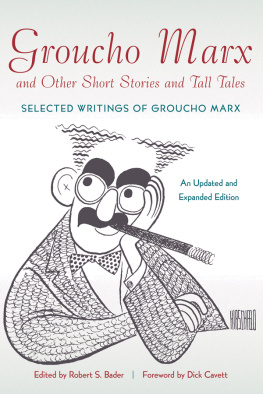
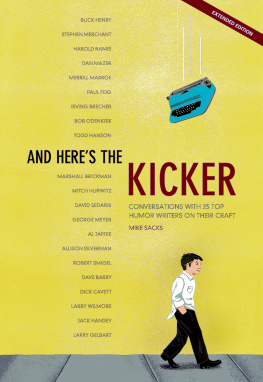
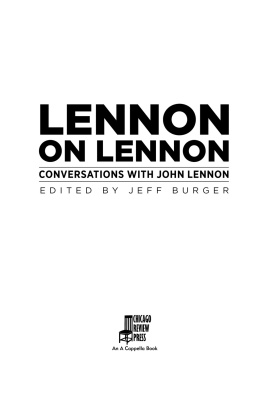
![Cavett Dick - Fields for President [UC]](/uploads/posts/book/171473/thumbs/cavett-dick-fields-for-president-uc.jpg)


